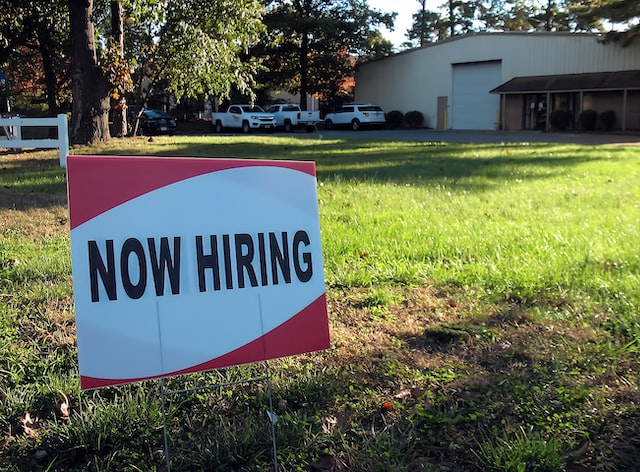Hiring managers are quick to say that a position has remained open due to a lack of qualified candidates or a skills shortage. However, this is usually not the reason. In fact, one may argue that this is pretty much never the case – especially not in the construction industry.
The average time it takes to fill an open position can very much depend on the industry, but generally does not extend beyond two months. When an open position remains vacant for longer than 90 days, it is rarely a lack of qualified applicants or a skills shortage. It is usually because of one or more of the following reasons:
Reason 1 – Focus on Perfection
In many cases of stubborn vacancies, the organization is looking for a carbon copy of the person who was previously in the role. They desire the exact skill set, proficiency, education, and experience. There is little to no wiggle room, and they will only entertain resumes from those who possess everything on the list. But positions tend to evolve over time. And the person in that role evolves with it, learning new skills and adapting accordingly. Hiring managers do not always remember this evolution because it usually happens behind the scenes.
Remember: perfection does not exist. The next person in the role will not be an exact duplicate of the previous person. Instead of looking for perfection, look for potential. Look for the ability to learn and grow in the position. Look for someone who is capable of the basics and train them to master the other nuances of the role.
Reason 2 – Unexciting Compensation Package
A great compensation package is so much more than a competitive salary and 401k. It includes benefits such as health insurance, dental and vision plans, flexible work schedule, vacation and personal time, merit-based bonuses, and other company-specific perks. Quality candidates are looking for comprehensive benefits packages and will likely move on if you are not offering one.
Reason 3 – No Sense of Urgency
If the open position is not putting stress on the team – and subsequently on the hiring manager – there is no urgency to fill the empty slot. This can do a lot of damage over time, as others are forced to take on the additional responsibilities of the vacant role. It can even lead to a position never being filled.
Reason 4 – Slow Decision Making
Speed is key when filling any open position. Top talent is in high demand and will quickly entertain an attractive offer, even if your position is more intriguing or in-line with their career goals. If you want the best talent, you need to move fast.
Perfection, weak compensation packages, and no sense of urgency to look at applications or make a decision can all make it impossible to fill an open position. Next time you are up against a stubborn vacancy, take a look at these different aspects to make sure your open position is not doomed to stay that way forever.
Photo by Ernie Journeys on Unsplash








